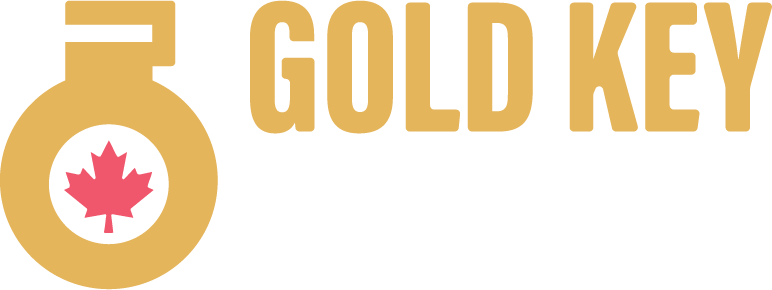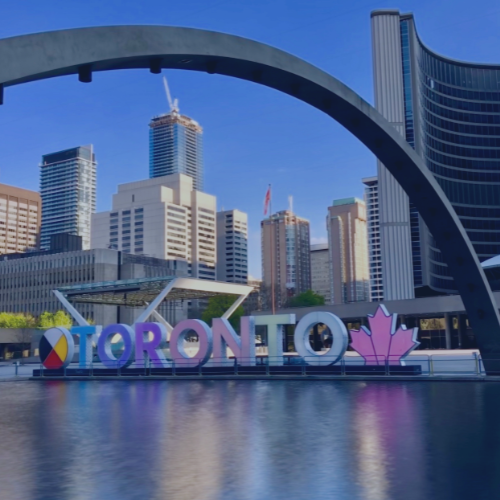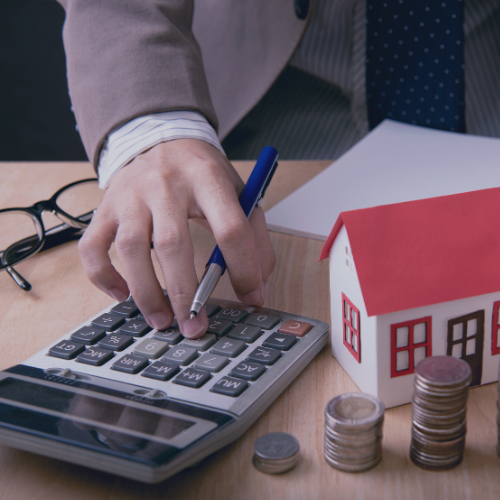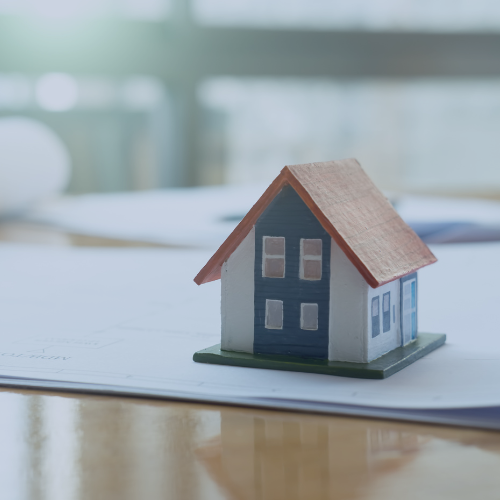My friends in China often ask me why I have to pay various taxes and fees every year after buying a house in Canada. I don't have to pay taxes and fees in China. In order to let everyone know more about the differences between buying a house in Canada and in China, why do these incredible fees exist?
Today we will talk to you about the fees you have to pay after buying a house in Canada.
First of all, there is the land tax, also known as "property tax", which is one of the main fiscal revenues of local governments in Canada and needs to be paid every year. What is the money used for after it is collected? It is mainly used to build and maintain road facilities including urban streets, corridors, street lights, street signs, rainwater drainage, as well as fire services, garbage recycling and sewage treatment. In addition, it also includes municipal services such as free public school education for children. Therefore, for the sake of your own good, my good and everyone's good, to ensure the quality of life of residents, the government has to collect this fee, which has nothing to do with real estate price regulation. As the saying goes, take from the people and use it for the people.
How to pay property tax?
How much do you have to pay? Taking Ontario as an example, property taxes are usually paid in two to four installments a year. At the beginning of the year, 60% of the total property taxes of the previous year are usually prepaid. In the middle of the year, the Ontario government will recalculate the remaining total fiscal expenditure required for the current year to determine the remaining taxes that real estate taxpayers have to bear. In the second half of the year, you need to pay the remaining property taxes.
Every year, the Ontario government publishes a property tax collection report to the public for public supervision. So you don't have to worry about the tax you paid being lost or untraceable.
Is the land tax standard uniform?
How much property tax you pay depends on your house and the area it is located in.
First, regarding the housing part, when the government evaluates a property, it will take into account all factors that affect the market value. These usually include the location of the house, the building area and usable area of the house, the age of the building, the quality of the building, and whether major reconstruction, decoration and extension have been carried out. In addition, it also includes: the number of bathrooms, whether there is a fireplace, whether the basement has been decorated, the number/area of garages, whether there is a swimming pool, the type of heating and air conditioning, etc. The traffic pattern, whether it is close to the street corner, whether it is close to the golf course, the railway subway, the main road, and the size of the surrounding green space also have a certain impact on the evaluation of the property value.
Secondly, regarding the location, the city government will use the total assessed value of all properties in the area under its jurisdiction as the tax base, but will not include public institutions such as hospitals, schools and churches. The city government's annual fiscal budget is then divided by this tax base, and the final result is the tax rate.
The specific amount of land tax you have to pay can be calculated using the following formula:
The tax rate is the value of your property multiplied by the tax rate.
For example: If your house is valued at $20 million and the municipal budget for next year is $100,000, then the property tax rate for that year is 0.5%. If your property is valued at $1.05 million, then your property tax for next year is $1,050,000 x 0.05, which equals $5,250.
The city government's annual budget is actually made up of two parts: the municipal part and the education part. The municipal part is calculated by the city, while the education part is set by the provincial government.
Who determines the valuation of a home?
In Ontario, housing valuation is performed by MPAC, which stands for Municipal Property Assessment Corporation.http://www.mpac.on.ca )
It is a non-profit corporation funded by several municipal governments in Ontario and is accountable to the province, municipal governments and property taxpayers through its 15 directors. If you want to know more clearly what MPAC is based on for its assessment, you can visit MPAC's official website for relevant information.
https://www.mpac.ca/HowAssessmentWorks/TheThreeApproachesToValue
Some friends may ask: What if I disagree with the valuation of my house?
Don't worry. If you have any objections to the property tax assessment notice, whether it is over- or under-estimated, you can apply for a reconsideration from the MPAC Municipal Property Appraisal Company. It is free and does not require any fees. The specific contact number, fax, email address, website, etc. can be found at the bottom of your property tax assessment notice. If you have any questions about the application for reconsideration or other aspects, you can also check the official website.





